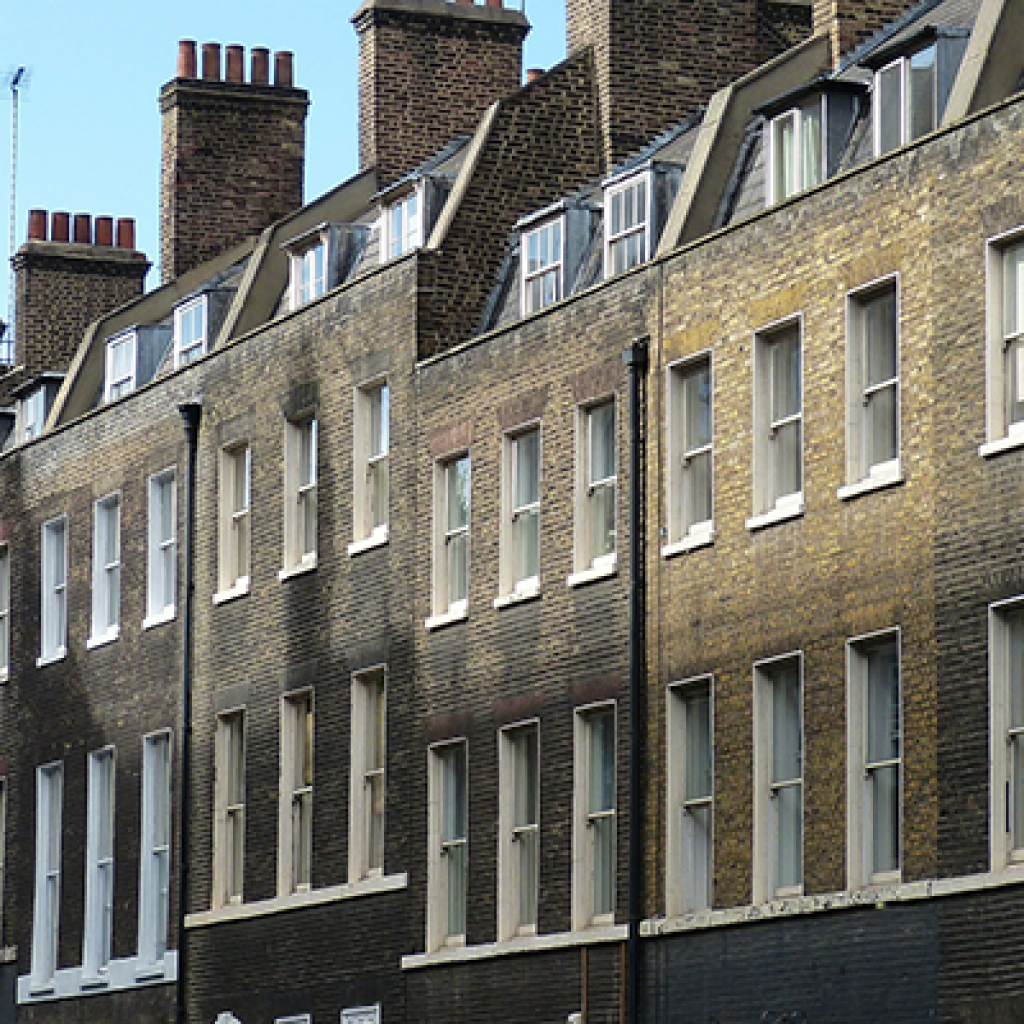If proof were ever needed of the ongoing demand for basement space in London, this month, the amount of cash paid smashed all expectations, after a developer signed over a staggering six-figure sum for the mud underneath an existing block of flats. Paul Addison, Managing Director of DevAssist explains why and what this could mean for conveyancers.
The ground underneath a London mansion block was sold this month for £150,000 at auction as an ‘unexcavated basement’. It has no planning permission and it is believed to be the first time that such a deal has been struck where the developer must work around – or rather below – existing homes.
This is yet more evidence of extreme measures being taken to develop homes in the capital where prices have soared in recent years. “Iceberg homes” as they are colloquially termed, are not new and existing owners have sought to take full advantage, even if the process is controversial among neighbours who fear the construction noise and disruption.
But in this deal, the developer will not own the property above ground level, which is a mansion block in an exclusive street in Bloomsbury.
The extraordinary offer of a solid, ‘unexcavated basement space’ came up at auction with the freeholder’s consent to develop. However, planning permission has yet to be approved by the local council and it is likely to cause outrage among those living in the block, who will have to endure months of building work.
The plot had a £120,000 guide price, but eventually sold at the auction for £150,000, with the unnamed buyer gaining access to almost 2,000 square feet of ‘subterranean potential’.
The deal could be a big earner for the developer as the typical price of a one-bedroom flat nearby is £650,000.
Bloomsbury has already benefitted from the substantial regeneration of neighbouring King’s Cross, with further gains possible once the final works are complete in 2020.
The average value of residential property in Bloomsbury has reached £768,669, up by 15.8% over the last year alone. Even if the buyer chooses to do nothing with the land, there is still good potential for further capital growth.
Are you on safe ground with your London property deal?
Property conveyancers in London will be very familiar with the cut throat nature of the transactional and development market in the race for space across the capital. While this example is the first of its kind, it does open up the potential for further subterranean freeholds to be exploited, where loopholes and title boundaries collide.
Conveyancers must be on their guard and consider how they can access more planning information, whether through more planning searches or obtaining more professional interpretation of the results of that search. In an ever more competitive conveyancing market, fees and disbursements are ever more visible. But there is a clear need to communicate to clients that savings in conveyancing can only lead to short cuts in due diligence, especially given the ever changing planning landscape – not just in London but in urban areas all over the UK.




















